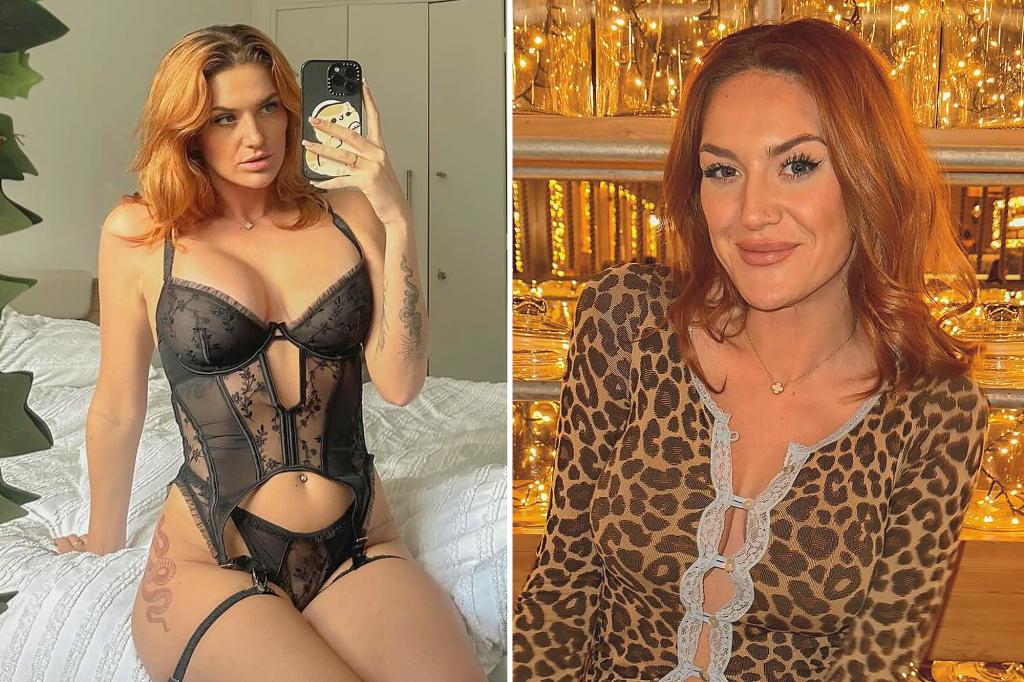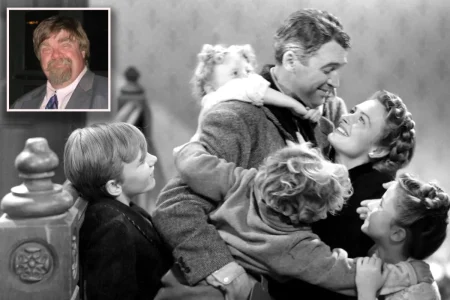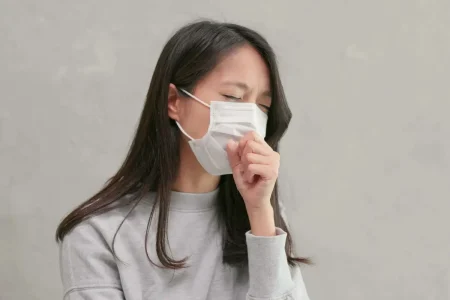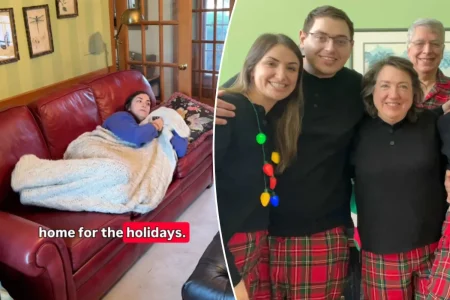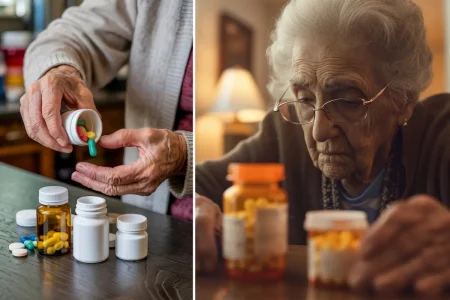Annie Charlotte, a 26-year-old woman living with a rare condition called uterus didelphys, has bravely shared her experiences navigating the dating world while managing the complexities of her unique anatomy. Uterus didelphys, a condition occurring during fetal development, results in the formation of two separate uteruses, and in some cases, like Annie’s, two cervixes and two vaginal canals. While the physiological implications of this condition are fascinating, the social and emotional repercussions, particularly within the realm of dating, have proven to be challenging for Annie.
Her experiences on dating apps have been marred by objectification and disrespectful behavior from men who reduce her to her physical difference. Rather than showing genuine interest in her as a person, many men focus solely on her two vaginas, bombarding her with explicit questions and crude propositions. The recurring theme of men wanting to engage in sexual acts with her simultaneously, often involving a friend, highlights the dehumanizing nature of these encounters. Annie feels reduced to a sexual conquest, a box to be ticked off, rather than a person deserving of respect and genuine connection. This objectification has left her feeling demoralized and questioning her value beyond her physical attributes.
One particularly disheartening encounter involved a man she had been dating, with whom she initially felt a connection. After a few dates, he revealed his desire, along with a friend, to engage in a sexual act involving both her vaginas. This blatant objectification, seemingly premeditated, left Annie feeling shocked and deeply uncomfortable. Another instance involved a man arriving for a date accompanied by a friend, explicitly stating that he felt two men were appropriate given her two vaginas. These experiences underscore the pervasive nature of this objectification, leaving Annie feeling dehumanized and lacking agency in her own dating life.
The emotional toll of these experiences is significant. Annie expresses feeling like a “sex object,” her value reduced to her physical difference. The constant objectification and lack of genuine interest in her personality have left her feeling “rubbish” and “deflated.” This has led her to take breaks from dating apps, seeking a respite from the constant barrage of inappropriate advances and disrespectful comments. Despite these challenges, Annie remains hopeful for a genuine connection, yearning for someone who sees her beyond her physical difference.
Despite the negative experiences, Annie’s openness about her condition has also had a positive impact. Many individuals, particularly women, have reached out to thank her for sharing her story. Her honesty has provided them with a reference point to discuss their own concerns about their bodies and genitalia, fostering a sense of community and shared experience. This unforeseen consequence of her vulnerability underscores the importance of open and honest conversations about bodies and differences.
Annie’s story is a poignant reminder of the challenges faced by individuals living with visible or invisible differences. While the medical aspects of uterus didelphys are unique, the emotional and social implications of navigating a world often lacking in understanding and empathy resonate with many. Her experiences highlight the need for greater sensitivity and respect in how we approach and interact with individuals who may be different from us. Ultimately, Annie’s desire is simple: to be seen and appreciated for who she is as a person, beyond her physical attributes. Her story is a call for empathy, understanding, and a shift towards a more inclusive dating landscape where individuals are valued for their whole selves, not just their bodies.




